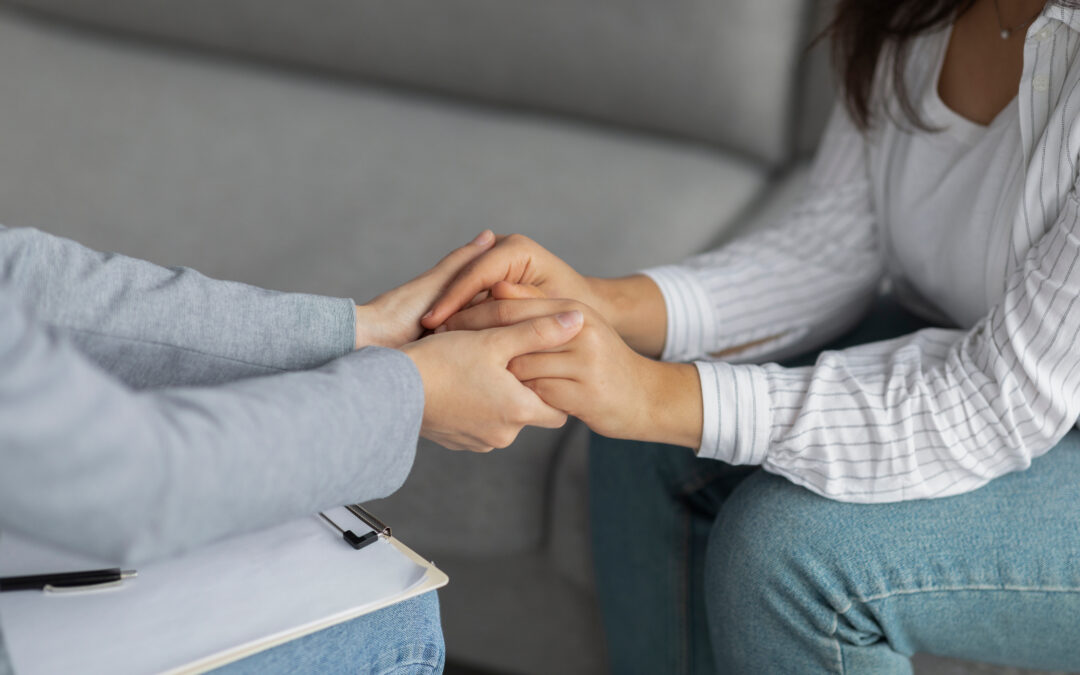Completing an addiction treatment program is a big accomplishment, but it’s just the beginning. Ongoing recovery requires finding the right support after treatment. While you may feel nervous about how and where to find recovery support, many opportunities are available. You just need to know where to look.
Tips for Finding Support After Completing Treatment
The transition back to everyday life after leaving treatment can be challenging. To find the support you need, consider the following tips:
- Attend support group meetings. Groups such as Alcoholics Anonymous (AA) or Narcotics Anonymous (NA) will introduce you to others who are on the same journey and who can offer encouragement and accountability.
- Find a sponsor. Many 12-step groups incorporate sponsorship. Finding a support group you like will give you the opportunity to connect with a sponsor: someone from that group who is in long-term recovery and who can help you work the steps and face the inevitable challenges that will arise in recovery.
- Attend therapy or counseling. Working with a counselor or therapist can provide you with individualized support and guidance as you go through recovery. You’ll continue to uncover the various beliefs, attitudes, and experiences that trigger your desire to use substances, and you’ll learn how to retrain your brain to better cope with your particular triggers.
- Participate in aftercare programs. Many treatment centers, such as Twin Lakes Recovery Center, offer aftercare or continuing care programs. Aftercare programs support individuals after they complete treatment and may include individual outpatient therapy sessions and group therapy.
- Build a sober network. Surround yourself with friends and family who support your recovery and understand the importance of your sobriety. This is vital for maintaining your sobriety and reducing the risk of relapse. You will want to avoid or limit contact with those who try to sabotage your sobriety.
- Get your family involved. You’ll be much more successful in recovery if your family is on board and if you can learn how to communicate with each other effectively. Family therapy sessions can provide insight into family dynamics that support or hinder each person’s growth and well-being.
Recognizing if Someone is Being Supportive
Recovering from addiction can be a difficult journey, and not everyone in your life will understand the journey or be supportive. Finding support from family and friends can often make all the difference. Someone who truly supports your recovery will do the following:
- Be willing to educate themselves and attend therapy sessions with you.
- Understand that addiction is a disease and not a matter of choice.
- Recognize that your recovery is an on-going process.
- Offer encouragement when you struggle.
- Help you find support if you are unable to do so yourself.
- Respect your boundaries.
- Refuse to judge or criticize you for your substance use disorder.
Do not be afraid to ask for support if you are not getting it. If your family and friends do not understand or give you the support you need, use your recovery community, your treatment center alumni group, and other avenues to build a network of encouragement.
You Are Not Alone
If you or a loved one are struggling with a substance use disorder, you are not alone. Twin Lakes Recovery Center in Monroe, Georgia, can help put you on the path to long-term recovery. We offer a variety of treatments and programs for people of all ages, including inpatient residential treatment, medically supervised drug or alcohol detox services, and a family recovery program. We also offer continuing care which provides access to Twin Lakes’ aftercare services. To learn more about what we offer, please contact us today to discuss your options.




